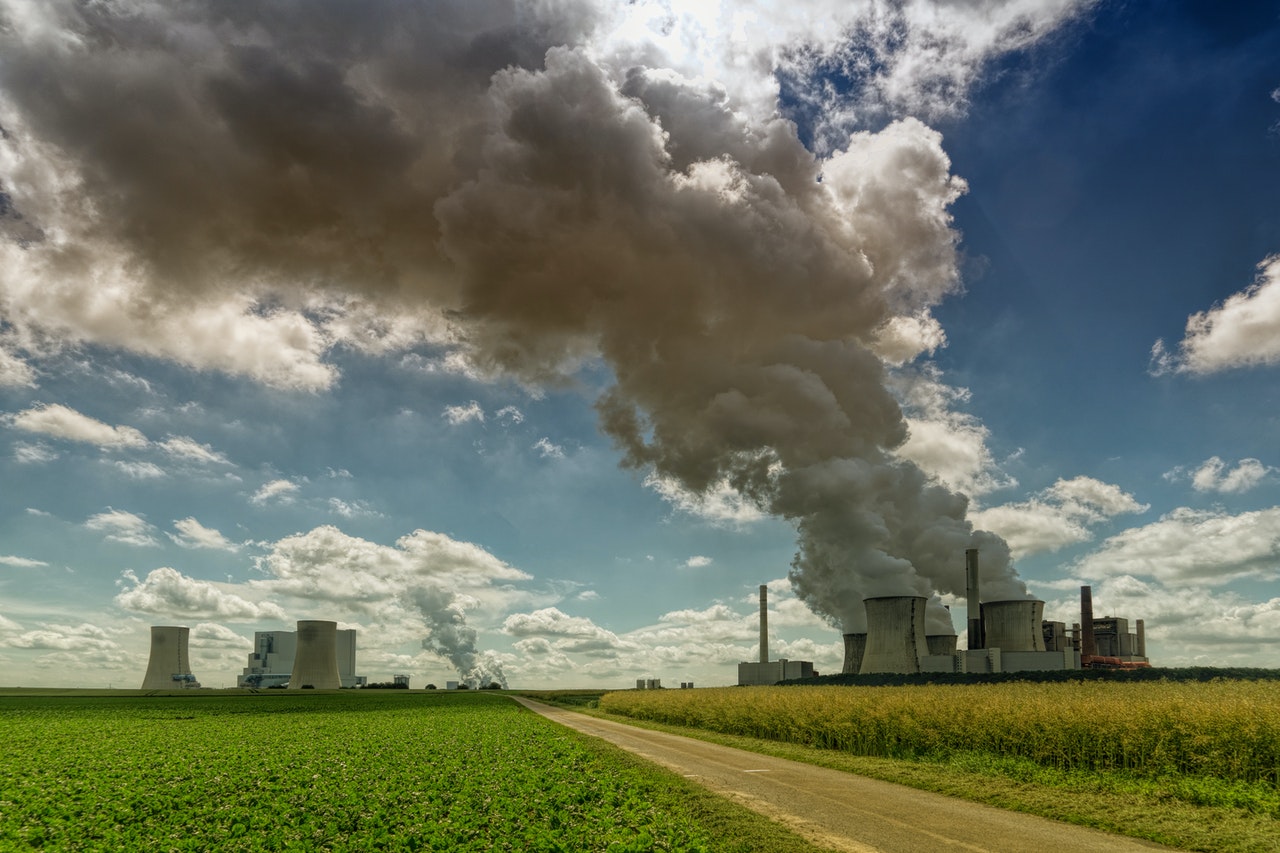By 2030, renewable energy sources (RES) should generate at least half of all electricity produced globally, and all new buildings will become carbon neutral, reducing global emissions.
Such forecasts are made in the report “Green Development 2030”, presented by the Chinese company Huawei, Eco Business reported.
According to the report, by the end of the decade, humanity will have solar-powered data centers controlled by artificial intelligence, and factory automation will increase the efficiency of production cycles. There will be 390 robots for every 10,000 workers.
By 2030, there will be 145 million different means of transportation on land, water, and air, powered by new energy sources.
The study’s authors calculated that the widespread adoption of IT technologies would help reduce global emissions in all industries by at least 20% by the end of the decade.
Huawei also called for a significant increase in the energy efficiency of the digital infrastructure itself. The growth of the digital economy creates additional energy needs as new digital infrastructure needs to be powered, but this should not deter investment in the industry.
Previously, China also signaled its intention to increase the share of renewable energy in electricity generation to 33% in just three years.

